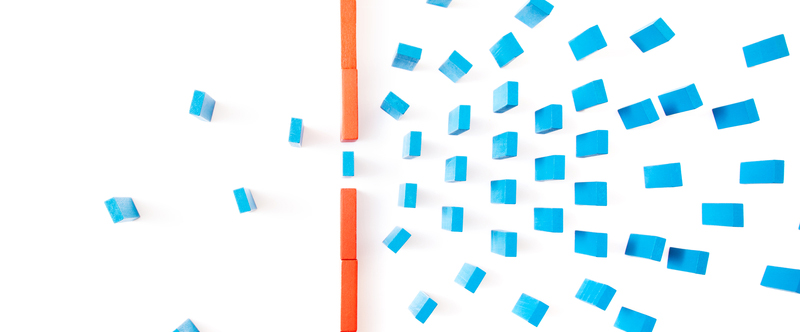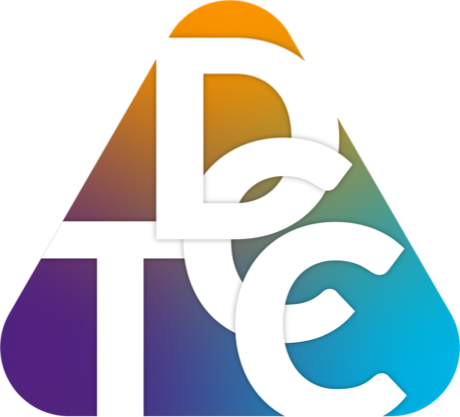
TDCC-SSH Bottleneck Projects
These projects were intended to respond to one or more of our key bottleneck areas:
- Increasing the amount of findable, accessible, interoperable and reusable (FAIR) research data and software
- Raising awareness amongst researchers about FAIR data and software practices
- Enhancing the awareness of available digital data and SSH-oriented tools
- Addressing pressing issues related to the collection and usage of data, like privacy and copyright legislation and the high costs of collecting and producing digital data
- Building an open, inclusive and equitable network
Bottleneck projects are small scale, lasting 12 months and with a budget of maximum €150,000. There was a one-off sum of €950,000 per TDCC available to distribute through this funding strand in the launching phase of the TDCCs. The light-touch collaborative process to develop these projects began in mid-2023 and lasted until all funding was allocated by the end of 2024. It is no longer possible to apply.
Funded Bottleneck Projects
How the Bottleneck Projects Process was run
The collaborative process to develop these projects began in mid-2023 with a publicly shared 'request for community input', as well as a series of stakeholder conversations and community consultations.
After a public consultation period and review by the TDCC-SSH Executive Board, the six project ideas were developed into full project proposals. We established a Bottleneck Project Board with three members who provided the project teams with feedback from one member ('mentoring role') and a review of the proposal by two members ('reviewers').
